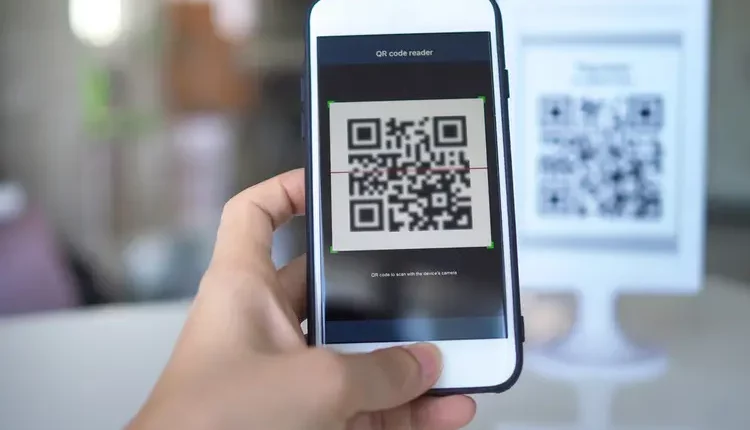The Quick Response (QR) code scams are the latest in the arsenal of fraudsters targeting gullible people to steal money.
As part of a QR code scam, a fraudster sends unsuspecting individuals a QR code that appears to be for a legitimate payment. They trick an individual into believing that they are transferring money to them using a QR code.
Furthermore, scammers direct the receiver to scan the QR code, enter the desired amount they wish to receive, and then key in a One-Time Password (OTP). The code installs malware that steals an individual’s personal and financial details.
Typically, QR codes are used for sending money and not for receiving it. So, when an individual scans someone’s QR code, thinking they are getting paid, and then enters the OTP, money gets deducted from their account, not the sender’s.
Ways to tackle QR code scams
- Avoid sharing personal details related to UPI ID or bank account details with individuals you may not know.
- At no cost, scan a QR code in the case of receiving an amount. Typically, QR codes are used for sending money and not for receiving it. If an individual scans a QR code meant to receive money, they may end up giving the money to the scammer.
- Before sending money to someone, always cross-check the details shown by the QR code scanner, always. Ensure the recipient’s name, account number, and Indian Financial System Code (IFSC) are correct.
- Avoid scanning a QR code in case it looks like a sticker covering another QR code. There is a high possibility that the QR code is disguised as genuine.
- Do not share OTP with anyone. OTPs are confidential numbers that are meant to verify an individual’s identity. In case you share your OTP with someone, they may get to access the bank account or other accounts.
- It is important to verify the person’s identity on an online website in case an individual is selling or buying anything. Of late, there has been a spurt in scams involving fake online sellers. Ensure to conduct research before sending money to someone unknown.
- Also, avoid sharing mobile numbers if not required. Mobile numbers can be targeted to send spam or phishing messages.

Rajiv is an independent editorial consultant for the last decade. Prior to this, he worked as a full-time journalist associated with various prominent print media houses. In his spare time, he loves to paint on canvas.





